How to get URL link on X (Twitter) App


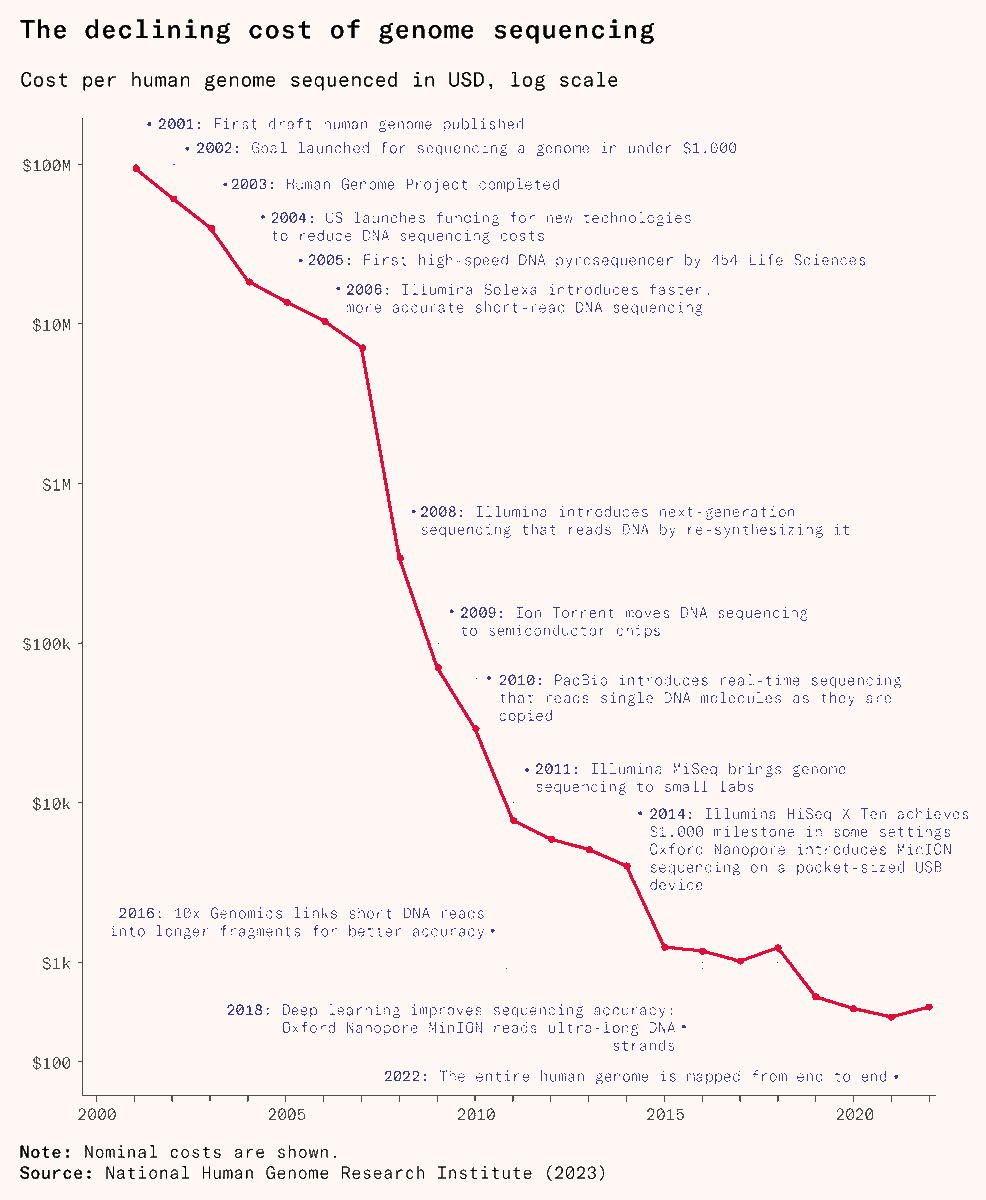
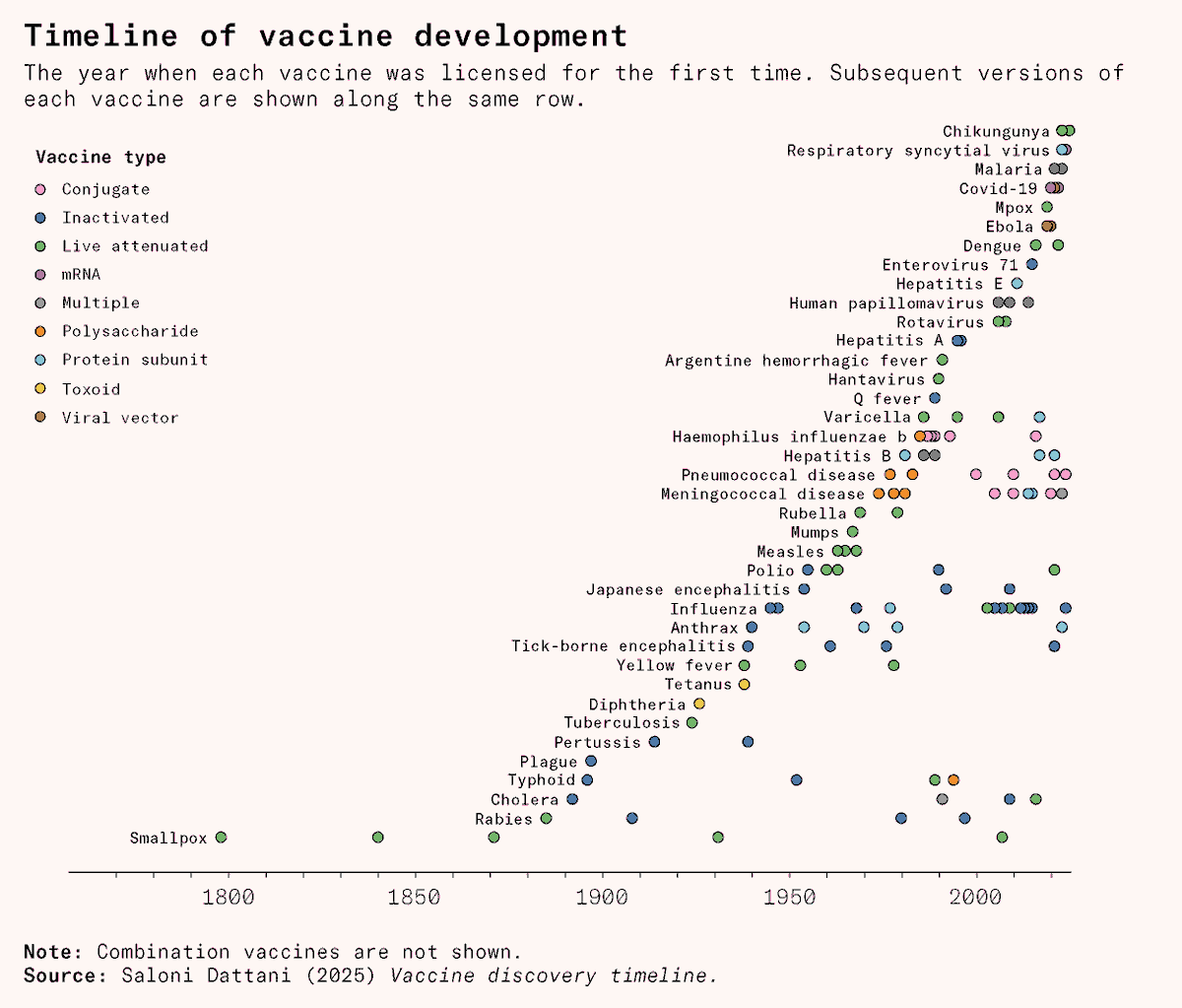
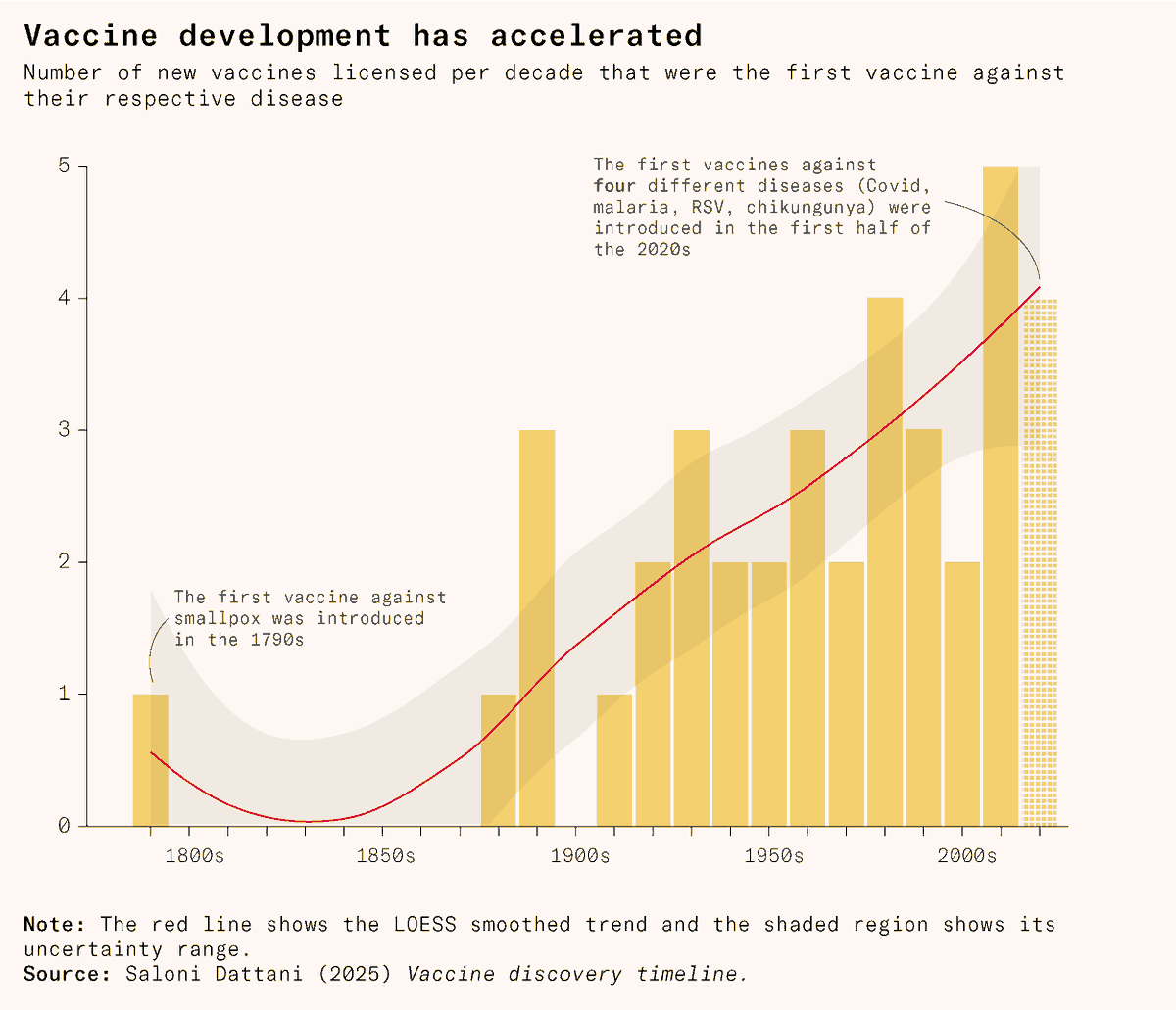 To understand how much vaccine technology has advanced, it’s helpful to take the smallpox vaccines as an example.
To understand how much vaccine technology has advanced, it’s helpful to take the smallpox vaccines as an example. 
 Here's a link to the article:
Here's a link to the article:

 The chart shows data from Sweden, which has the longest time series:
The chart shows data from Sweden, which has the longest time series:

 The baby boom is typically defined as the years 1946—1964.
The baby boom is typically defined as the years 1946—1964. 
 The chart shows the most common month for births each year. Weʼve shown the birth rate per day to adjust for months that are longer or shorter.
The chart shows the most common month for births each year. Weʼve shown the birth rate per day to adjust for months that are longer or shorter.
 Second, you may have heard that it took a long time for penicillin to be scaled up.
Second, you may have heard that it took a long time for penicillin to be scaled up. 


 Every year, around over half a million women are diagnosed with cervical cancer, and more than 300,000 die from the disease.
Every year, around over half a million women are diagnosed with cervical cancer, and more than 300,000 die from the disease. 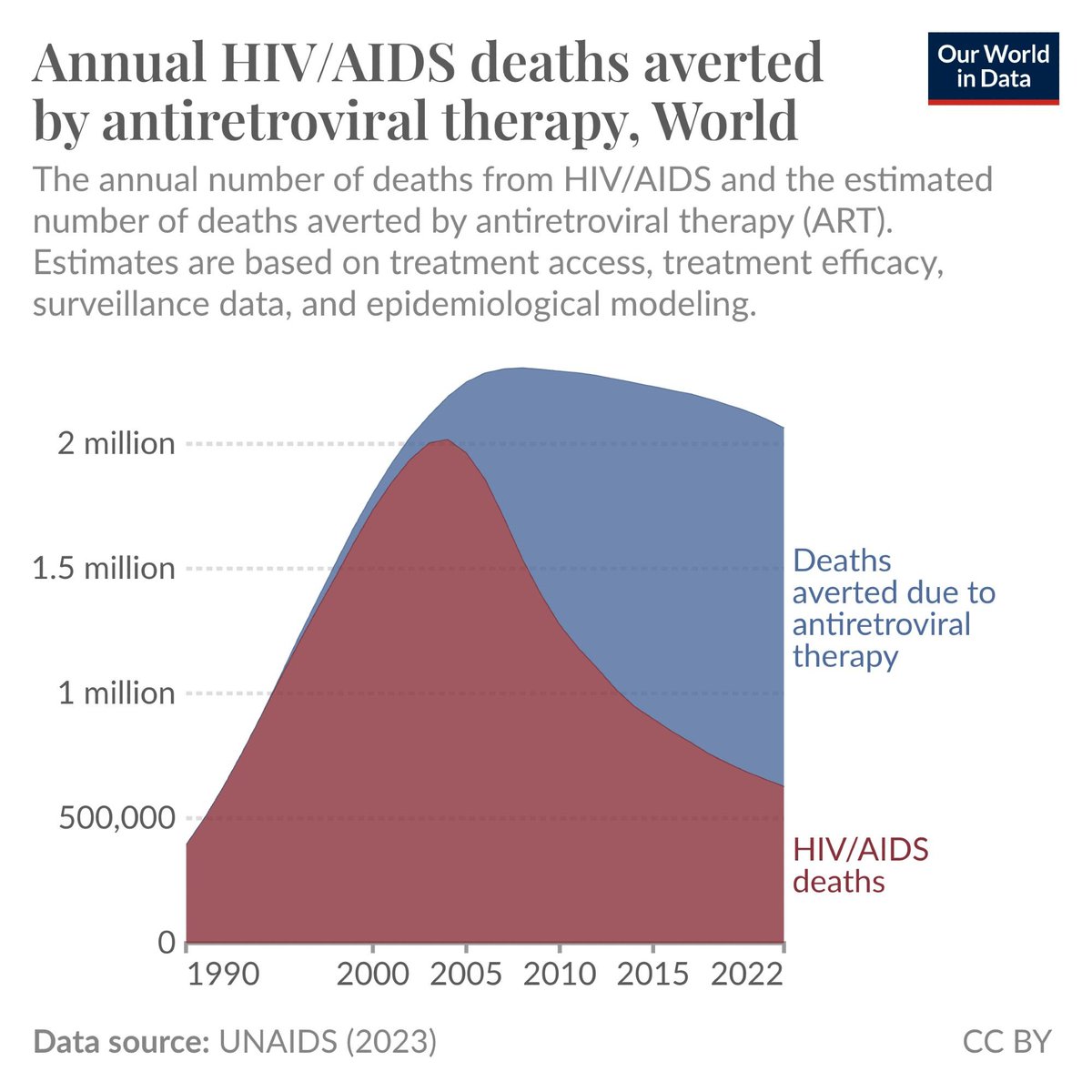
 Recent medical advances could take this progress even further:
Recent medical advances could take this progress even further:https://x.com/salonium/status/1803820730460586011
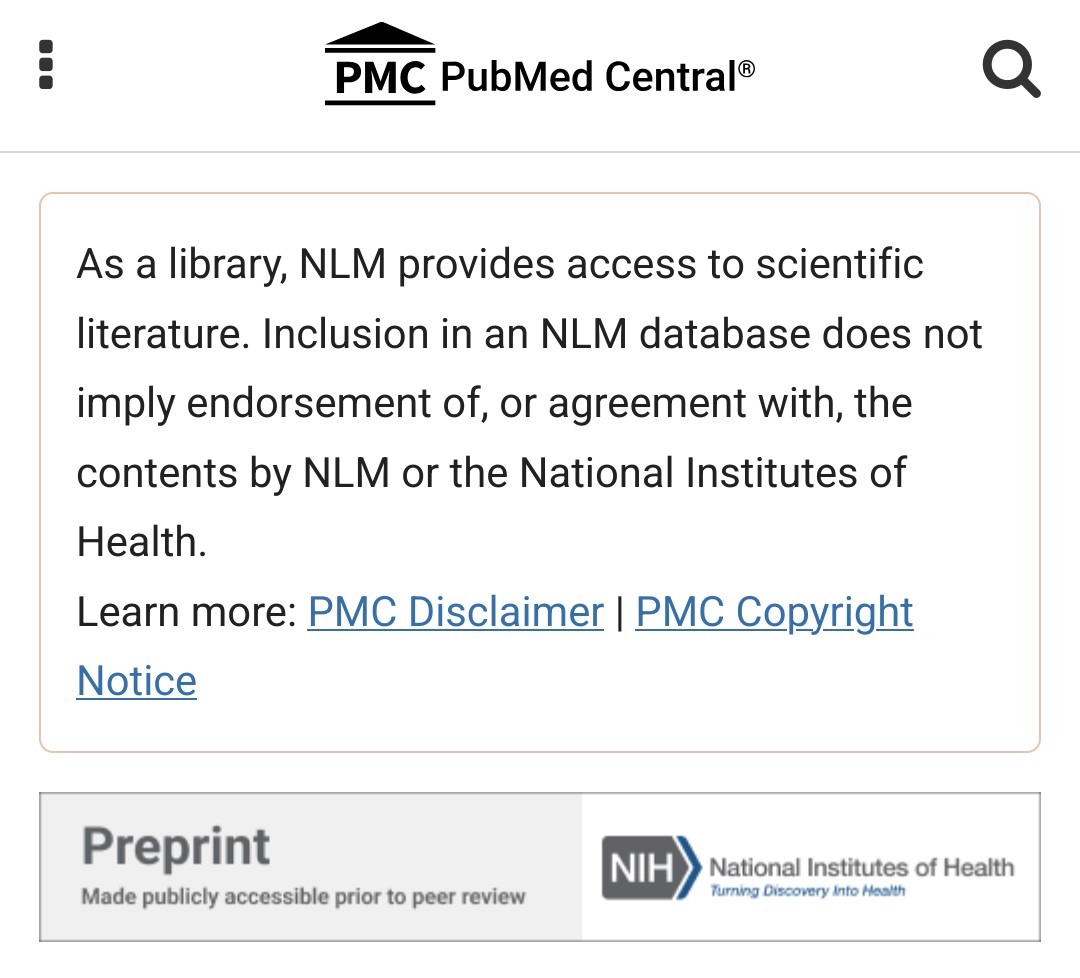
https://twitter.com/Douglas_Main/status/1826310290473906260First, the reporting of this study...


https://x.com/drStuartGilmour/status/1790618465411407886
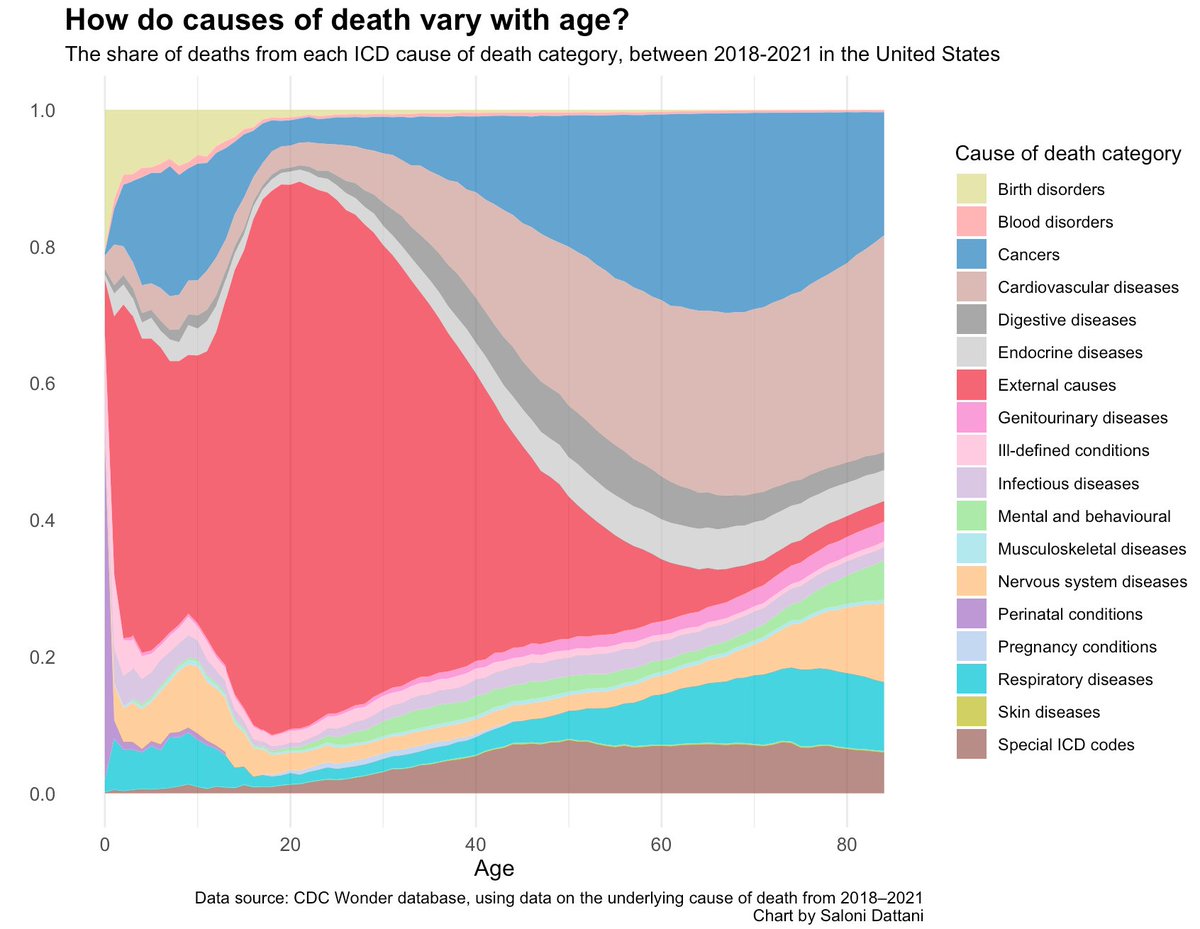
 In childhood, the most common cause of death are ‘external causes’.
In childhood, the most common cause of death are ‘external causes’.


 If you look at age-standardized death rates, i.e. people of the same age, you'll see the decline is even larger:
If you look at age-standardized death rates, i.e. people of the same age, you'll see the decline is even larger:


 The sex gap in life expectancy begins at birth:
The sex gap in life expectancy begins at birth:

 The malaria vaccine was trialled for the first time in humans in 1997.
The malaria vaccine was trialled for the first time in humans in 1997.
 So why did flu decline during the pandemic?
So why did flu decline during the pandemic?
 Here are some things you can do with the explorer.
Here are some things you can do with the explorer.

 Here are 7 things you may not know about flu, from our new page.
Here are 7 things you may not know about flu, from our new page.
